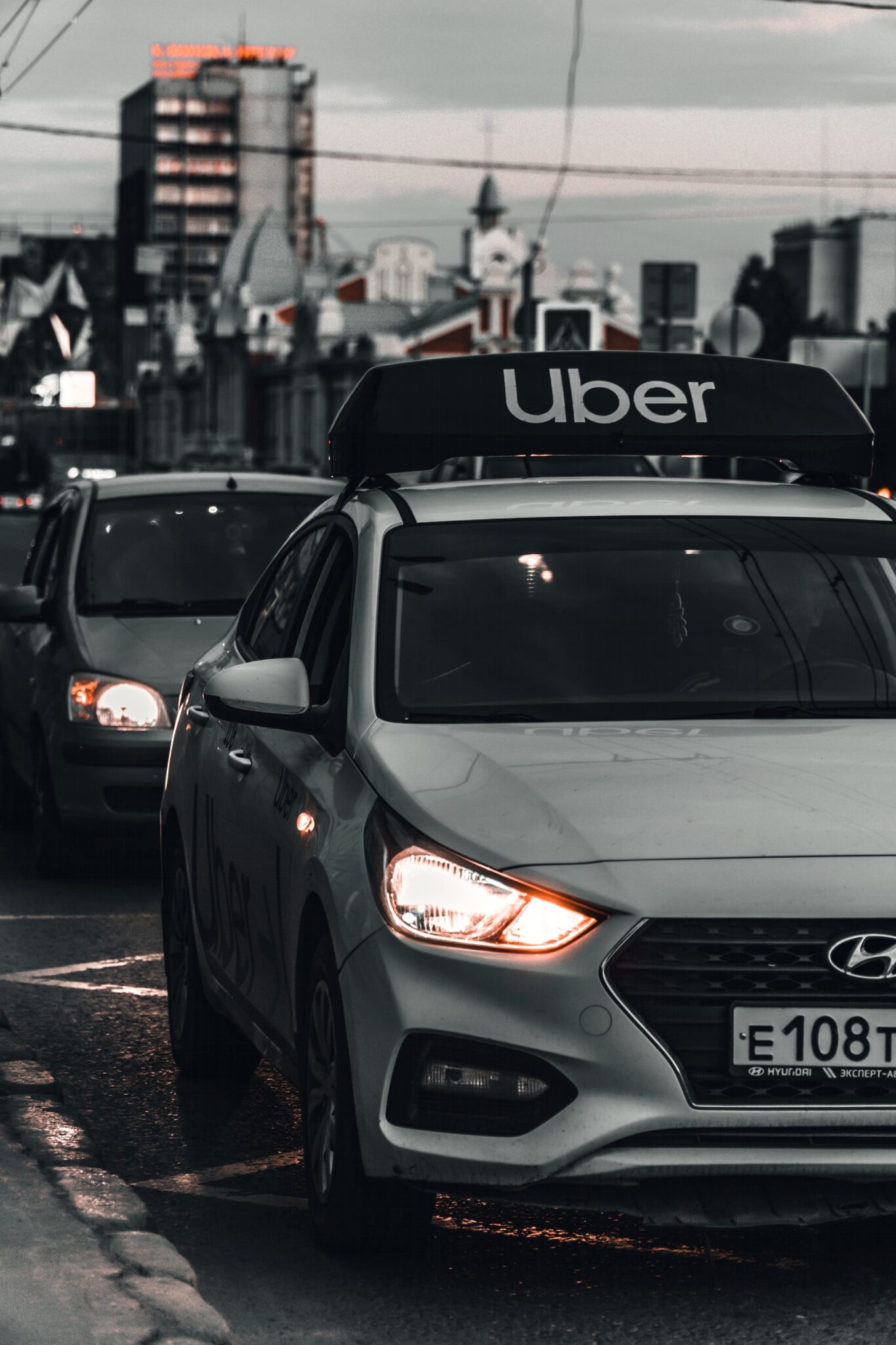Linh is a student at Harvard Law School.
The U.S. Department of Labor introduced a final rule on Tuesday that will make it more difficult for companies like Uber and Lyft to classify workers as independent contractors under the Fair Labor Standards Act. Classification as employees, as opposed to contractors, wins meaningful benefits for workers, including minimum wage, overtime pay, protection for organizing activity, among others. This rule, scheduled to take effect on March 11, is closely monitored by major gig economy players and employers in construction, trucking, and healthcare sectors. The rule did and will likely continue to face legal challenges, including opposition from the U.S. Chamber of Commerce, and congressional review.
Google has lodged an appeal on the Fifth Circuit against the National Labor Relations Board (NLRB), who ruled on January 3 that Google had unlawfully refused to negotiate with the union representing contract workers at YouTube. Those workers, directly employed by Cognizant Technology Solutions Corp., were deemed jointly employed by Google in a decision by an NLRB regional director in March 2023, also upheld by the NLRB. The Cognizant workers subsequently voted 41-0 to unionize in April 2023. Since unionization, both Google and Cognizant have challenged the union’s legitimacy and refused to negotiate.
The Screen Actors Guild, representing 160,000 film and TV actors, has entered into an agreement that mandates permissions and guaranteed minimum payments whenever members’ voices are digitally reproduced in video games and other media. The union’s executive director announced the agreement with Replica Studios on Tuesday. This agreement, first of its kind, represents an important deal for the Guild, as the use of Artificial Intelligence was a pivotal issue during strikes by writers and actors last year.






Daily News & Commentary
Start your day with our roundup of the latest labor developments. See all
March 3
In today’s news and commentary, Texas dismantles their contracting program for minorities, NextEra settles an ERISA lawsuit, and Chipotle beats an age discrimination suit. Texas Acting Comptroller Kelly Hancock is being sued in state court for allegedly unlawfully dismantling the Historically Underutilized Business (HUB) program, a 1990s initiative signed by former Governor George W. Bush […]
March 2
Block lays off over 4,000 workers; H-1B fee data is revealed.
March 1
The NLRB officially rescinds the Biden-era standard for determining joint-employer status; the DOL proposes a rule that would rescind the Biden-era standard for determining independent contractor status; and Walmart pays $100 million for deceiving delivery drivers regarding wages and tips.
February 27
The Ninth Circuit allows Trump to dismantle certain government unions based on national security concerns; and the DOL set to focus enforcement on firms with “outsized market power.”
February 26
Workplace AI regulations proposed in Michigan; en banc D.C. Circuit hears oral argument in CFPB case; white police officers sue Philadelphia over DEI policy.
February 25
OSHA workplace inspections significantly drop in 2025; the Court denies a petition for certiorari to review a Minnesota law banning mandatory anti-union meetings at work; and the Court declines two petitions to determine whether Air Force service members should receive backpay as a result of religious challenges to the now-revoked COVID-19 vaccine mandate.